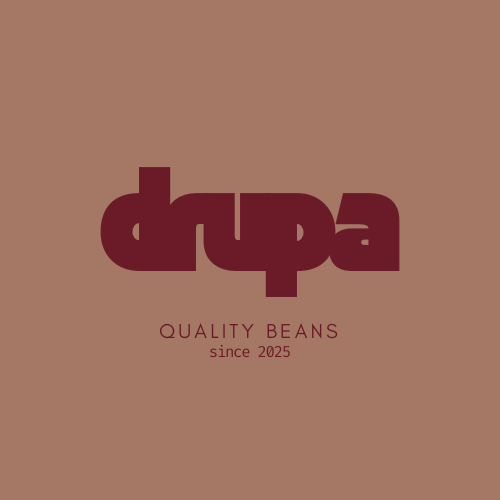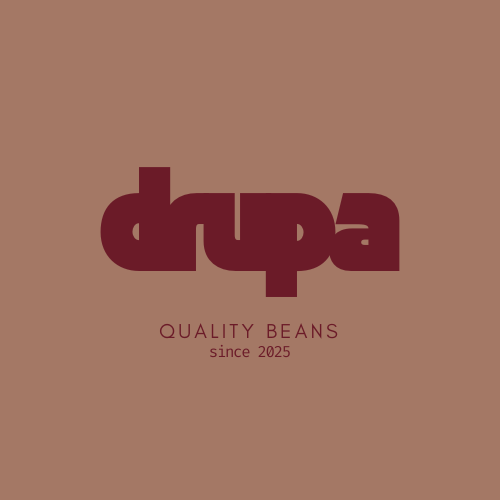In recent years, the world of coffee has undergone a real revolution thanks to the spread of Specialty Coffee . This term does not simply indicate a high-quality coffee, but encompasses an entire ecosystem made of sustainability, traceability and attention to detail. But what makes a Specialty Coffee so special? And why do more and more enthusiasts and professionals in the sector prefer it to commercial blends? Let's find out together.
What is Specialty Coffee?
The term Specialty Coffee was coined in the 1970s by pioneer Erna Knutsen and refers to those coffees that score 80 out of 100 points or more on the Specialty Coffee Association (SCA) scale. This classification takes into account various factors, including:
- Origin and traceability: Specialty Coffee comes from selected micro-lots and has a fully traceable supply chain.
- Absence of defects: to be classified as specialty, the coffee must not have primary defects and must have a maximum of 5 secondary defects for each 350g batch.
- Complex sensory profile: the aromatic notes are well defined and range from fruity, floral, spicy and chocolatey.
- Processing and roasting: the harvest is done by hand using the picking method, the processing follows meticulous processes (natural, washed, honey) and the roasting enhances the unique characteristics of the bean without burning it.
Differences between Specialty Coffee and Commercial Coffee
Specialty Coffee differs from industrial coffee in several ways:
- Origin: While specialty coffee comes from selected plantations and has a traceable provenance, commercial coffee is often a blend of beans of different qualities and origins.
- Harvesting: in the case of specialty coffee, the harvest is done manually (picking), selecting only the ripe cherries, while commercial coffee is harvested mechanically, with a high probability of also including unripe or overripe fruits.
- Processing: specialty coffee processing techniques (natural, washed, honey) are aimed at enhancing the aromatic profile of the bean. Commercial coffee, on the other hand, often undergoes standardized processes that make its taste uniform.
- Roasting: Specialty coffee is roasted by hand and with dedicated profiles for each batch, while commercial coffee is often roasted industrially with a dark roast that masks the defects of the bean.
- Aromatic Profile: Specialty coffee has a range of complex and nuanced aromas, while commercial coffee has a more uniform and bitter taste.
- Price: the cost of specialty coffee is higher, but it is justified by the quality of the supply chain and the care with which it is produced.
Why Choose Specialty Coffee
-
Unique sensory experience
Specialty Coffee offers an unparalleled sensory journey. Unlike commercial coffees, which are often bitter and uniform, specialty coffees release a variety of aromas ranging from red fruits to flowers, to notes of caramel and chocolate. -
Sustainability and traceability
Choosing a Specialty Coffee means supporting producers who operate with sustainable practices, reducing environmental impact and ensuring fair working conditions for farmers. Many specialty coffees come from organic and fair trade cultivation. -
Quality guaranteed
Each batch of specialty coffee is evaluated and certified by SCA experts, which ensures a high-quality product without defects and with exceptional organoleptic characteristics. -
Diversity of choice
Every specialty coffee has a unique story. You can choose between different origins, particular processing methods and aromatic profiles tailored to your tastes. -
Fresh roasting
Specialty coffees are roasted artisanally and on demand, ensuring superior freshness compared to industrial coffees, which often sit on shelves for months.
How to best taste Specialty Coffee
To fully appreciate a specialty coffee, it is important to use an appropriate extraction method. Among the most popular are:
- V60: enhances aromatic complexity and sweetness.
- Aeropress: versatile and ideal for a rich, intense coffee.
- French Press: full body and bold aromatic profile.
- Espresso Specialty: requires a machine calibrated to enhance the unique notes of the coffee.
Specialty Coffee is not just a coffee , but an experience that enhances the quality, sustainability and authentic taste of the bean. Choosing it means embarking on a journey to discover unique aromas, while supporting a more ethical and conscious production model.
Are you ready to revolutionize your cup of coffee?
Discover the selection of Drupa Quality Beans and find your perfect flavor profile!


